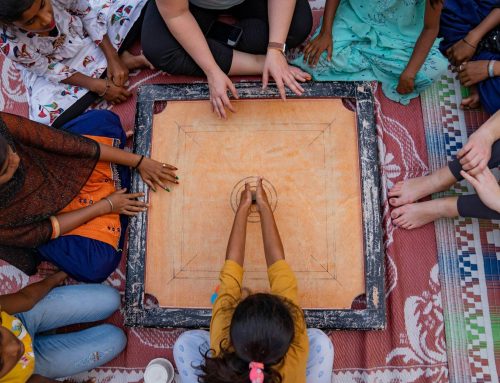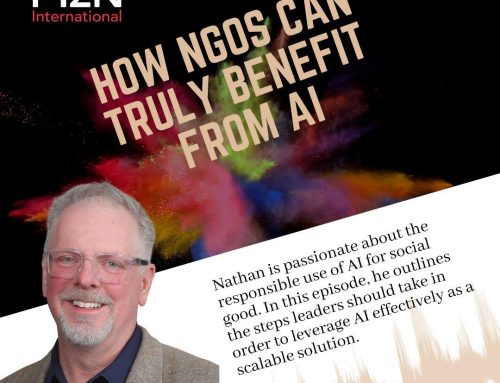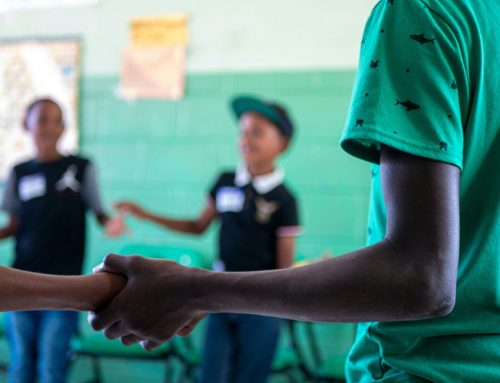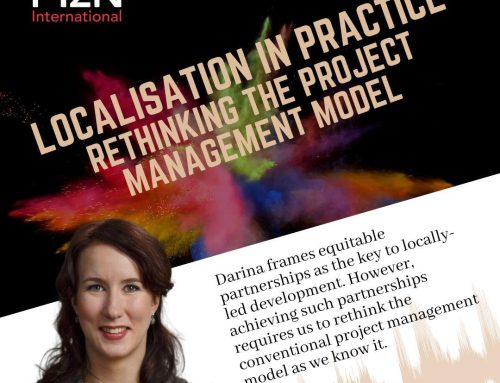In this conversation, Hande Akpinar, a Senior Consultant at MzN International, discusses the dynamics of localization and trust-based giving with Wendo, the Founder and Executive Director of Dandelion Africa. While the podcast provides the full experience, here’s a sneak peek at what you can expect:
Founding Dandelion Africa: A Path Filled with Unique Challenges and Successes
Wendo reflects on the inception of Dandelion Africa, highlighting the numerous challenges she faced as a founder, a woman, and a villager. Her journey led her to a leadership role she hadn’t initially anticipated – The challenges of gaining trust in a grassroots organization, coupled with imposter syndrome and cultural biases against women in leadership, posed formidable obstacles. Nevertheless, the defining moments and the unwavering belief of an exceptional team in the organization’s vision have been pivotal to Dandelion Africa’s success.
Exploring the Essence of Localization
Wendo explains what localization means to her, and how to empower local communities to take ownership of their development. It’s not just about freedom, but the freedom to be authentically creative and innovative without the fear of failure. She explains how transparency and open dialogue between donors and the NGO is crucial for effectively structuring localization. This core principle shapes the quality of partnerships, work, and innovation within the organization. She explains the steps that will allow for this to happen.
Trust-Based Philanthropy: A Game Changer for Local NGOs
Trust-based philanthropy has been instrumental in enabling Dandelion Africa to put localization into action. With unrestricted funding, this approach allows them to think outside the box, make mistakes, and communicate openly without fear of losing funding. In doing so, the organization can better serve the communities it is dedicated to.
Bridging the North-South Divide: Trust and Capacity Building
Wendo reflects on the global division between the North and South when it comes to funding and operations. In a world where some international partners might doubt the capacity of local organizations in the South to handle funding, project monitoring, or policy development, the need for trust and capacity-building becomes increasingly vital. Wendo emphasizes the importance of trust and capacity building, both among local organizations themselves and in partnerships with international NGOs.
A Call to Action: Walk the Talk on Localization
Wendo concludes with a passionate call to action. She insists that organizations should not just talk about localization; they need to put it into practice, and she explains how. By truly understanding the needs and capacities of local actors and trusting them to lead their development efforts, a profound transformation can occur.
Find out more about Dandelion Africa’s mission to improve health and livelihoods for women in rural Kenya now.




